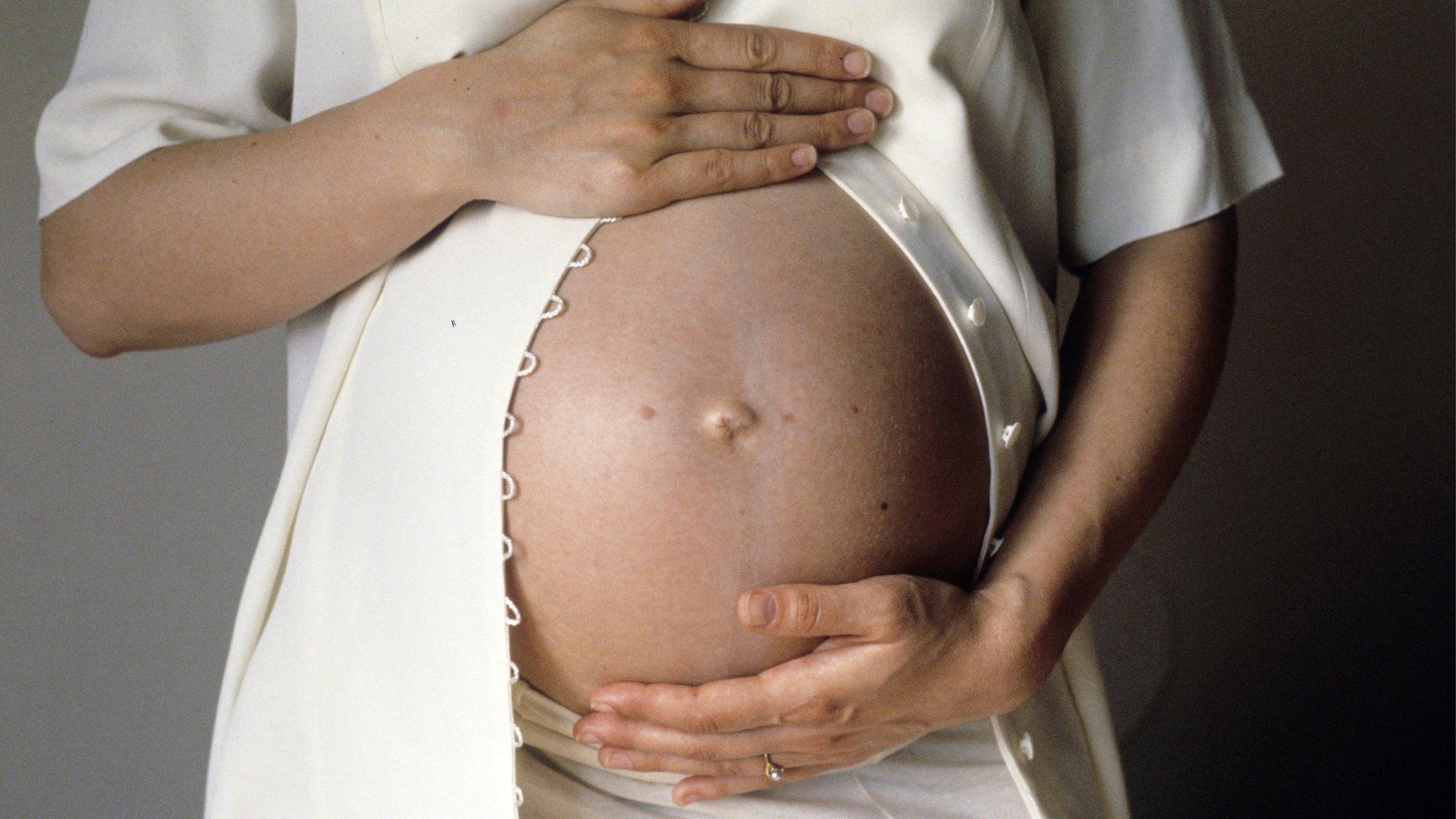Sniffing could provide autism test
- Published
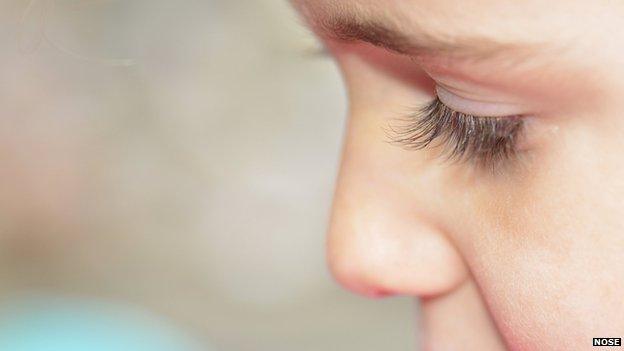
The way children sniff different aromas could form the basis of a test for autism, suggest researchers in Israel.
People spend longer inhaling the delightful aroma of a bouquet of roses than the foul stench of rotting fish.
The results of tests on 36 children, in the journal Current Biology, showed that there appeared to be no such difference in children with autism.
The National Autistic Society said smell could eventually become an additional tool for testing for autism.
Behaviour, social interactions and communication skills are all affected by autism and the disorder affects one in every 160 children, external globally.
It often takes until a child is at least two before it can be diagnosed.
'Somewhat surprising'
The children in the trial at the Weizmann Institute of Science took part in a 10-minute experiment.
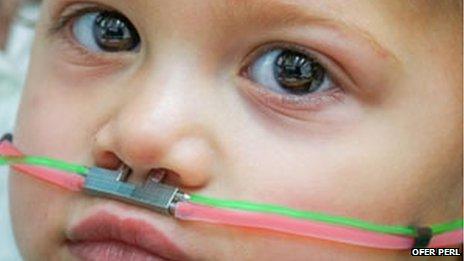
Autism appears 'largely genetic'
Trying to unravel the mystery of autism
Babies' eye movement autism link
A red tube sent either pleasant or unpleasant odours up the nose while the green tube recorded changes in breathing patterns.
One of the researchers, PhD student Liron Rozenkrantz, said children normally altered the depth of their sniffing to the odours.
She told the BBC: "Children with autism didn't show this modulation at all - they took the same sniff for the smell of shampoo as they did for rotten fish.
"This is striking and somewhat surprising."
The team developed a computer program that could detect autism in the group of children with 81% accuracy.
They also showed that the more severe the symptoms of autism, the longer the children inhaled the unpleasant smells.
Early testing
The earlier autism is diagnosed, the sooner children can get access to behavioural or educational interventions.
The team at the Weizmann Institute of Science said that one of the advantages of a sniffing test was that it did not rely on the child being able to communicate so it may be useful at a very early age.
Miss Rozenkrantz added: "But before we can use it as a diagnostic test, we need to know at what age children start to develop a sniff response in the general population.
"Are you born with it? Do you develop it later in life? No-one has looked at it yet.
"I think what we have an interesting place to start, but we do have a way to go."
The researchers said smells had a role in social interaction and that this may explain the link with autism.
Dr Judith Brown, from the UK's National Autistic Society, said: "Getting a diagnosis is a crucial step to unlocking vital support services which can make a huge difference to people on the autism spectrum and their families.
"We believe that the possibility of developing a single and universal diagnostic test for autism is unlikely.
"However, in future, if these initial findings are confirmed and fully understood, differences relating to processing smell may offer an additional tool in the necessarily multi-faceted process of diagnosing autism."
- Published25 April 2012
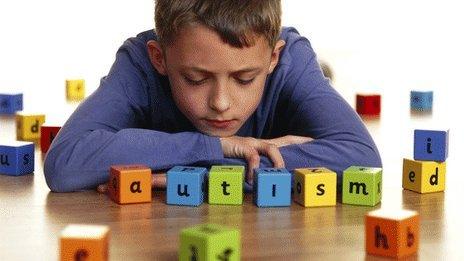
- Published18 December 2014
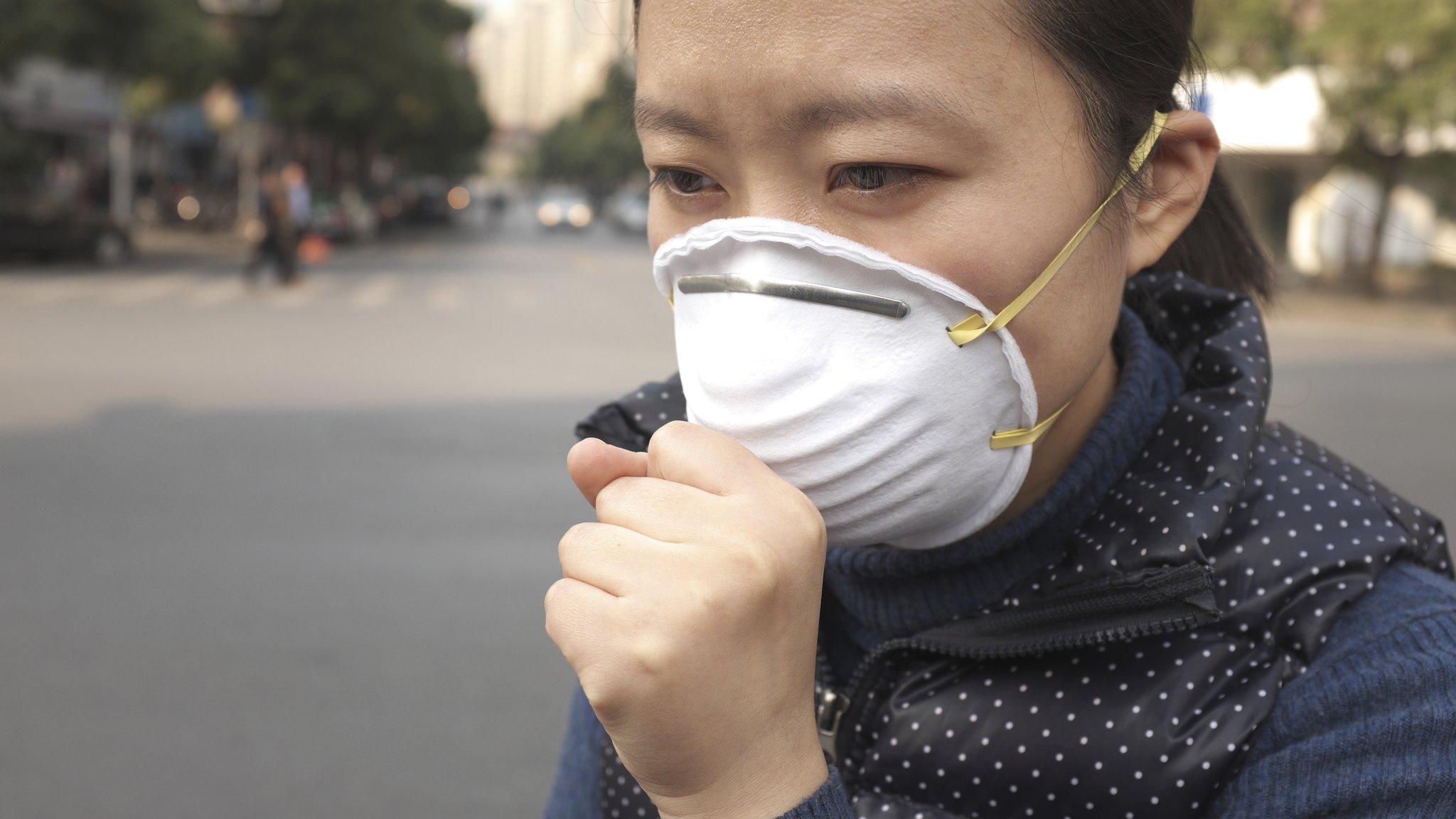
- Published13 August 2013
